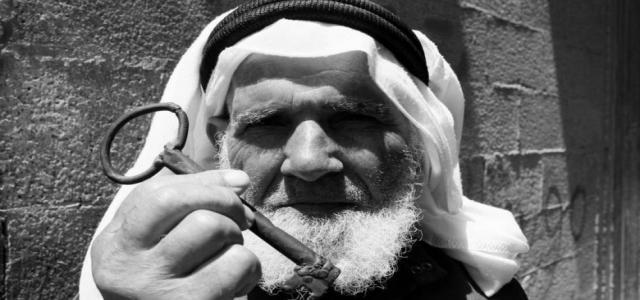- Palestine
- July 1, 2010
- 4 minutes read
Tadamun: Palestinian prisoners in Israeli jails suffer from paralysis and cancer

Ahmed Beitawi, a researcher at the Foundation, highlighted the case of prisoner Mohammed Mustafa Abdel Aziz, from Gaza Strip, who suffers from partial paralysis in his feet as a result of severe beatings inflicted on his back during his arrest and interrogation, which caused bleeding in his lower spine, eventually leading to paralysis.
Beitawi added, “Prisoner Abu Husam also suffers from hemorrhaging of the cerebrospinal fluid. He already underwent three surgeries, but they were unsuccessful, and a fourth was supposed to take place, but he preferred the pain to undergoing them out of fear of failure and consequential serious complications. Prisoner Abdul Aziz is also serving a 12-year prison term, of which he already served 10 years.”
The mind can’t imagine
The researcher at the Solidarity Foundation spoke on the status of prisoner Mansour Mohamed Mokadi of the Salfit District, who was paralyzed as a result of several gunshot wounds to the spine and pelvis at the time of his arrest. His foot was also amputated as a result, in addition to a stomach malfunction.
Beitawi continued, “Prisoner Abu Raad – a detainee since June 1, 2002, serving a life sentence – is also suffering difficulty in the output of urine and feces. He also requires another operation for a bladder transplant, in addition to the presence of kidney stones, and other problems in his vision requiring a third operation on his right eye. The prisoner is also suffering from severe ache in the teeth and needs a fourth operation for a teeth transplant.”
Beitawi emphasized that, despite Mokadi’s deteriorating health situation, the Israeli prisons authority, after an eight-year wait, continually refused the prisoner’s requests for the operations.
He’s a U.S. citizen, but so what?
The researcher at the Solidarity Foundation continued to list other appalling medical conditions in the Ramle prison hospital, such as the case of prisoner Ahmed Mostafa Najjar from the village of Silwad, in the Ramallah district, who was recently diagnosed with cancer in his vocal cords, which resulted in difficulty in breathing and the difficulty to speak and eat.
Beitawi noted that Najjar, a detainee since December 20, 2003, and serving seven life sentences, has undergone surgery in the neck, and uses a device to assist him in his breathing. He is treated by lasers and doses of chemicals.
The Foundation researcher emphasized that Najjar is living between two fires: if he undergoes an operation to eradicate his cancer, he would lose the ability to speak, and if he does not cancer might spread to other parts of his body, which poses a threat to his life.
“Although Najjar has an American citizenship and in spite of repeated visits by the U.S. Consul, he suffers just as the rest of the prisoners in the hospital,” Beitawi said.



